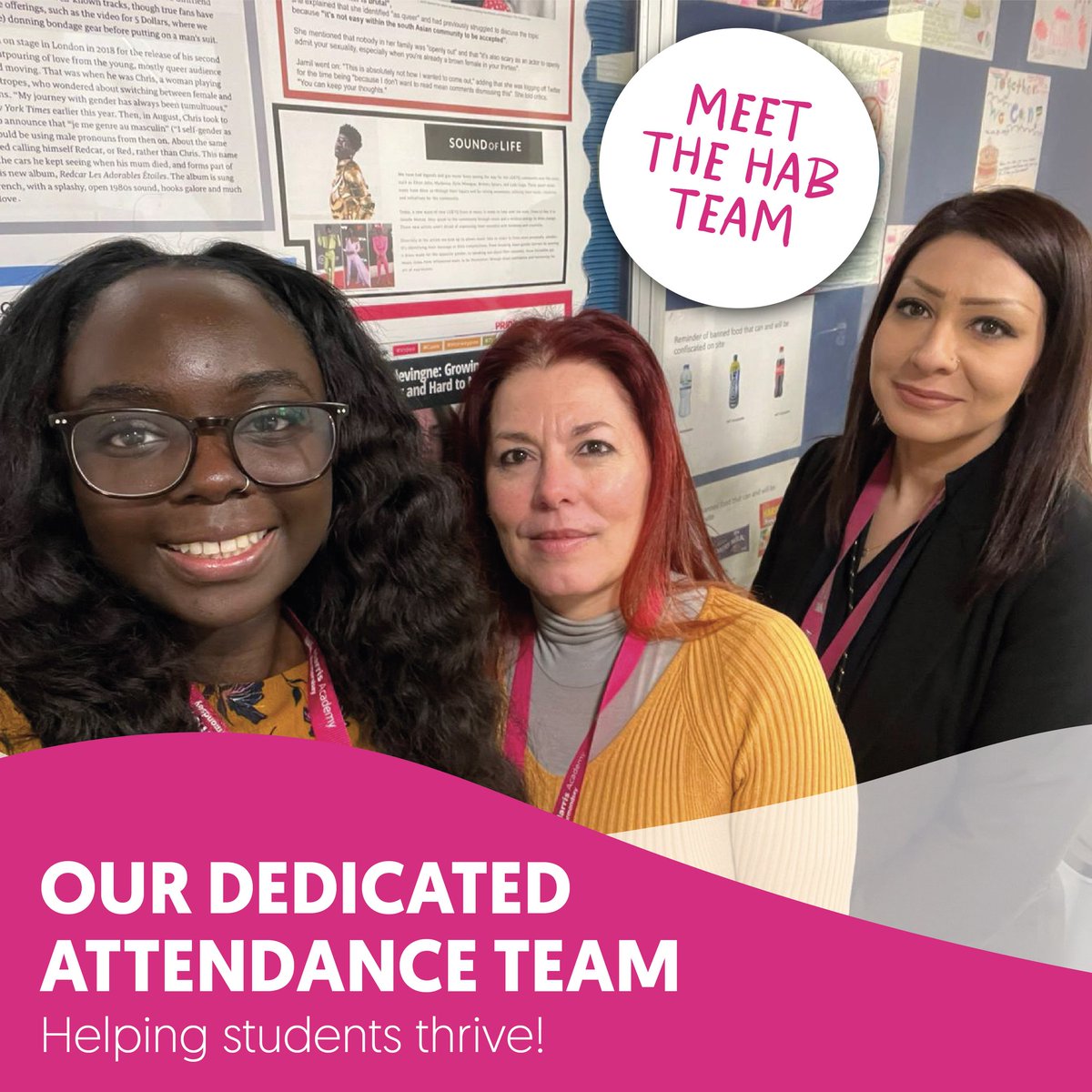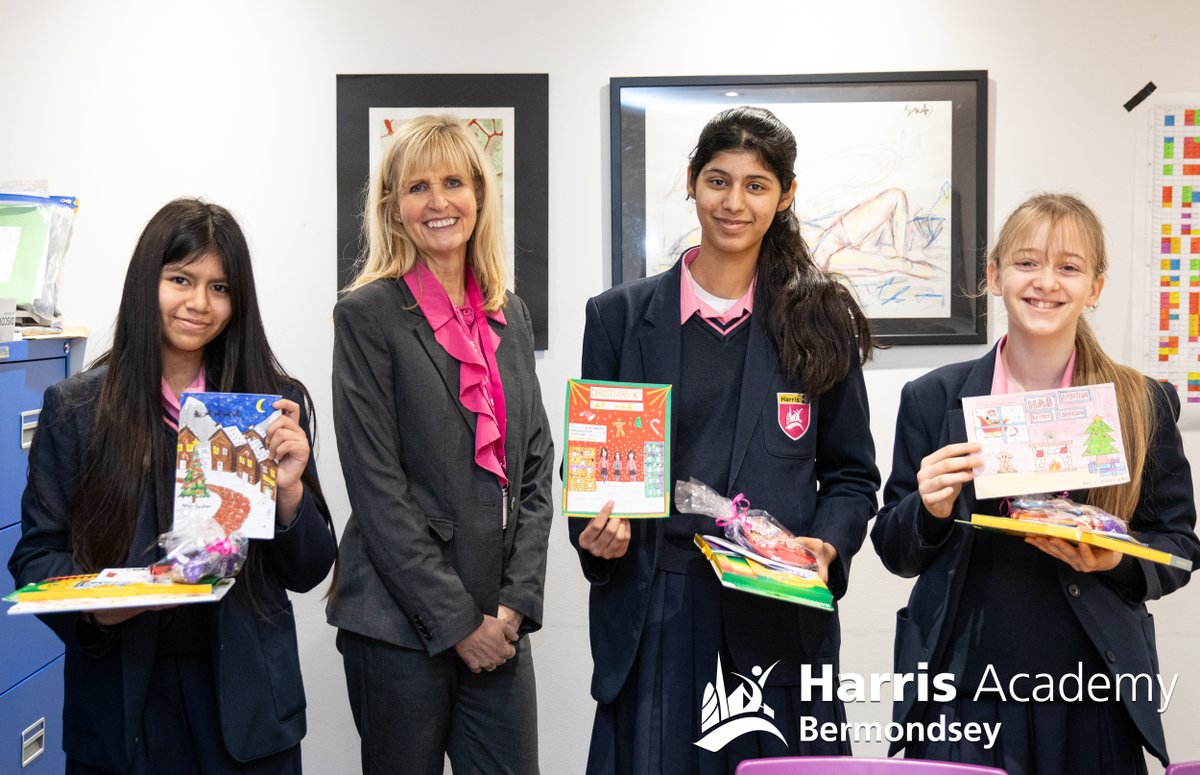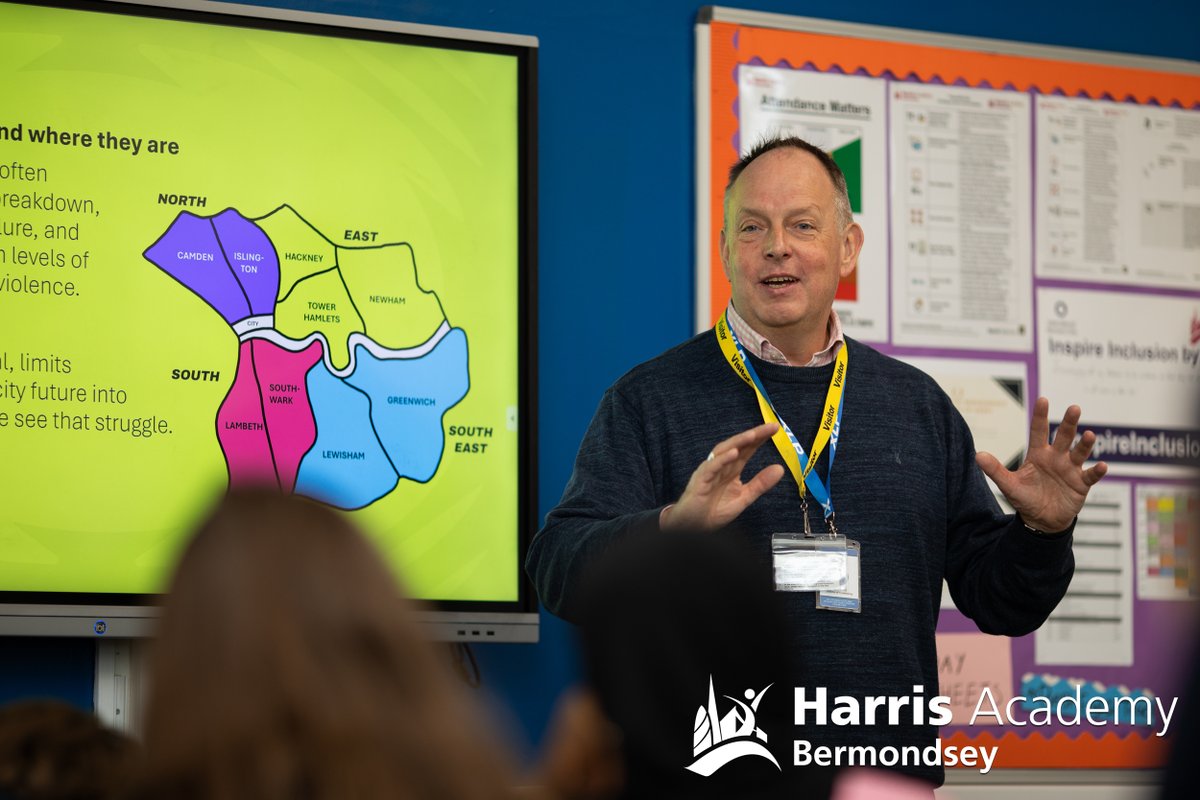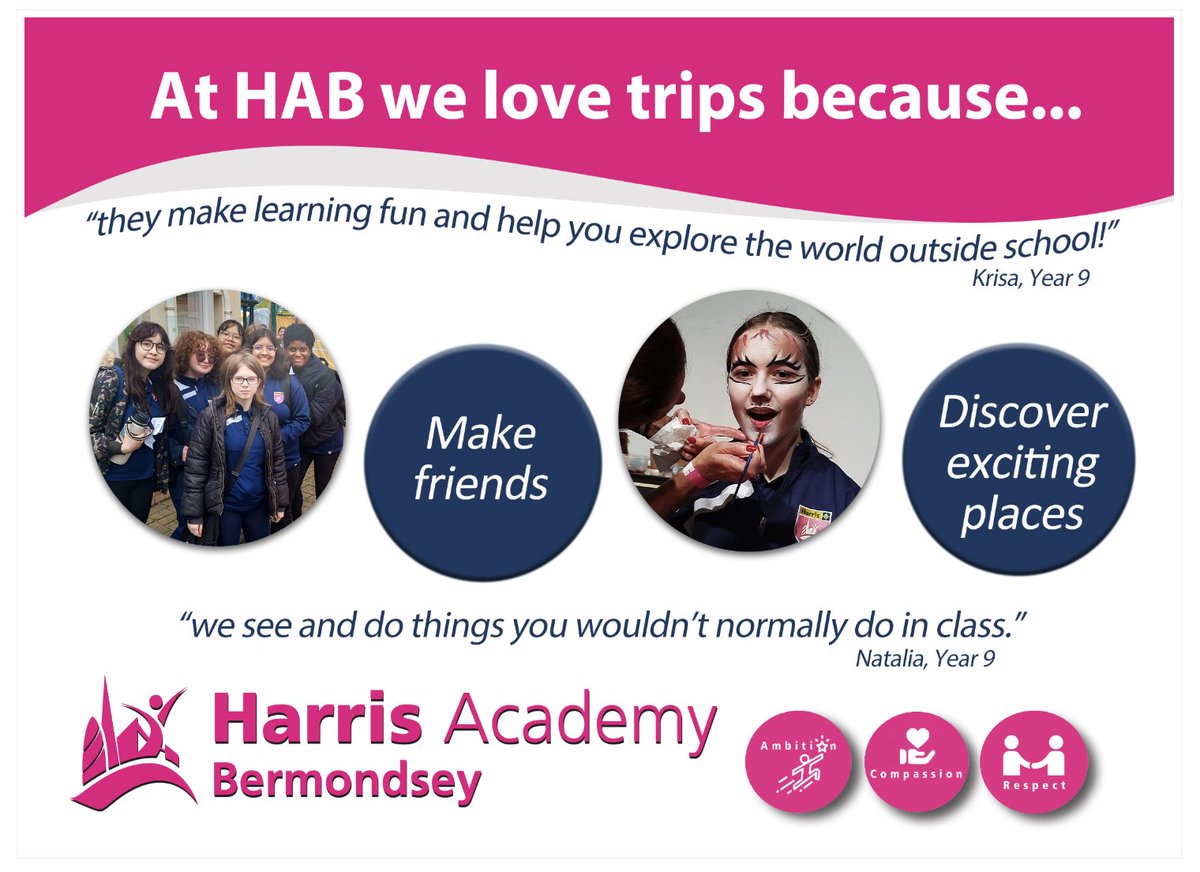Latest News
Posted on June 16th 2020
Multilingual Families - A Special Message for You
Dear multilingual families,
As you are spending more time together than usual during lockdown, I would like to encourage you to use your native language confidently and assure you that using your first language builds the foundation for successful second language learning. I know that some parents are often tempted to tell their daughters to stop using their native language and use English instead, to learn English more quickly. While I understand that you may have been doing this with the best intentions, years of scientific research proves that this advice does not help, but hinder your child’s language and therefore, academic development.
Download this message in Spanish, French or Portuguese.
Download a letter with details of www.mantralingua.com - one of the largest libraries of dual language e-books in the world.
What You could do instead to develop your daughter’s language skills, is expand the conversation in the home language on a variety of topics prompted by homework in the various subjects. Discussing concepts in the native language first will increase your child’s interest in learning the same content in English afterwards. Reading, or writing in English will become more meaningful, if the idea has already been presented to her and is no longer unfamiliar.
 The five most widely spoken languages in HAB students’ homes are Arabic, Bengali, French, Somali and Spanish. We know this from the English as an Additional Language surveys carried out at the start of Year 7. There are an additional 45 languages spoken among our families and the list is growing as new arrivals quite often join us mid-term. Can you make it any longer?
The five most widely spoken languages in HAB students’ homes are Arabic, Bengali, French, Somali and Spanish. We know this from the English as an Additional Language surveys carried out at the start of Year 7. There are an additional 45 languages spoken among our families and the list is growing as new arrivals quite often join us mid-term. Can you make it any longer?
While most of our English learners appear fluent within two years, as far as everyday spoken English, or basic interpersonal communicative skills go (BICS), the more abstract formal language of schooling, known as cognitive academic language proficiency (CALP), can take 3 to 9 years to develop. To avoid any feelings of guilt, assist your child along her potentially decade-long bilingual journey using the languages you feel most confident with. If the foundation of a house is solid, she will be able to build on it in any language and we, her teachers, are all here to help her with that.
Thank you for all your support with your daughter’s linguistic development and education. Please do not hesitate to get in contact, if I missed your home language from the list, or would like to discuss any of the above further. Your multicultural stories, photos, or ideas are also most welcome.
Best wishes to you and your extended families, here and all around the world.
‘Chi va piano, va sano, e va lontano…’ – as they say in Italian.
Miss Fogarasi





















